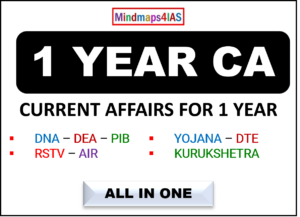- Source – The Hindu
- Link – https://www.thehindu.com/opinion/op-ed/digital-jurisprudence-in-india-in-an-ai-era/article68360073.ece
- Syllabus – GS Paper 02
- Topic – Indian Polity
What is the issue?
Generative AI (GAI) is set to revolutionize society but poses significant legal challenges globally, particularly in liability, copyright, and privacy. Recent lawsuits and regulatory gaps highlight the need for a comprehensive reevaluation of existing legal frameworks to address these issues.
What are the concerns?
- Liability Fixation:
- Ambiguity in applying Section 79 of the IT Act to GAI tools complicates liability assignment.
- Disagreement on whether GAI tools are intermediaries or conduits, especially for user-reposted AI content.
- Copyright Issues:
- The Indian Copyright Act of 1957 lacks explicit provisions for AI-generated works.
- Uncertainty about the necessity of human co-authorship and rightful copyright ownership.
- Privacy and Data Protection:
- Challenges in applying rights like erasure and the right to be forgotten to AI models retaining data.
- Ensuring legal compliance in data acquisition processes for AI training.
What needs to be done?
- Learning by Doing:
- Implement a sandbox approach granting temporary immunity to GAI platforms to foster responsible development and inform future regulations.
- Data Rights and Responsibilities:
- Overhaul data acquisition processes with revenue-sharing or licensing agreements to ensure legal compliance and fair compensation.
- Licensing Challenges:
- Create centralized platforms similar to copyright societies to simplify data licensing, enhance accessibility, and ensure data integrity.
Re-evaluating existing legal frameworks is essential to address the challenges posed by Generative AI. A cohesive approach and clear judicial interpretations will help harness the benefits of GAI while protecting individual rights, enabling India to navigate the transformative impact of this technology effectively.
















